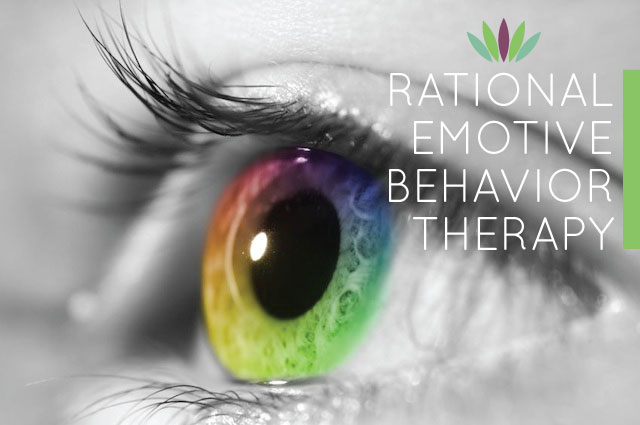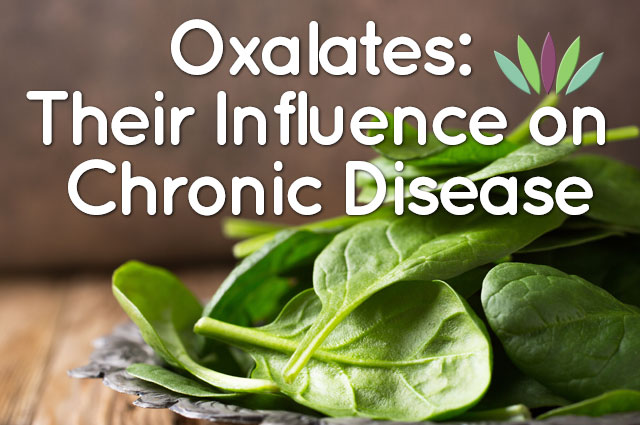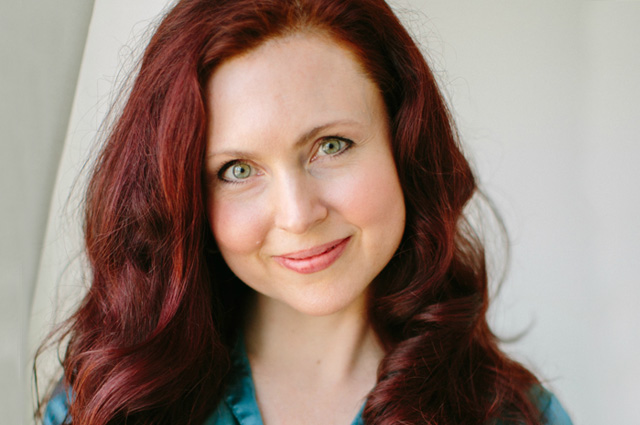Rational Emotive Behavior Therapy

Rational emotive behavior therapy (REBT) makes the most sense to me of everything I’ve read about psychology. REBT is very much based on perceiving life and its problems in a realistic, rational light. I felt compelled to share it with you because there’s more to health than diet.
Irrational ideas and beliefs cause and promote people’s depression or other psychological ills. REBT has a broad, practical application in quickly helping people become happier and healthier. As you know, life and happiness is all about perception.
REBT Philosophy
Rational emotive behavior therapy is a comprehensive approach to psychological treatment that deals not only with the emotional and behavioral aspects of human disturbance, but places a great deal of stress on its thinking component. Human beings are exceptionally complex, and there neither seems to be any simple way in which they become “emotionally disturbed,” nor is there a single way in which they can be helped to be less defeating. Their psychological problems arise from their misperceptions and mistaken cognitions about what they perceive; from their emotional underreactions or overreactions to normal and unusual stimuli; and from their habitually dysfunctional behavior patterns, which enable them to keep repeating nonadjustive responses even when they know that they are behaving poorly.
REBT is based on the assumption that what we label our “emotional” reactions are largely caused by our conscious and unconscious evaluations, interpretations, and philosophies. Thus, we feel anxious or depressed because we strongly convince ourselves that it is terrible when we fail at something or that we can’t stand the pain of being rejected. We feel hostile because we vigorously believe that people who behave unfairly to us absolutely should not act the way they indubitably do, and that it is utterly insufferable when they frustrate us.
Rational emotive behavior therapy holds that there are almost no good reasons why human beings have to make themselves neurotic, no matter what kind of negative stimuli they experience. It gives them full leeway to feel strong negative emotions, such as sorrow, regret, displeasure, annoyance, rebellion, and determination to change social conditions. It believes, however, that when they experience certain self-defeating and unhealthy emotions (such as panic, depression, worthlessness, or rage), they are usually adding an unrealistic and illogical hypothesis to their empirically based view that their own acts or those of others are reprehensible or inefficient and that something should be done to change them.
12 Irrational Ideas
These twelve irrational ideas cause and sustain neurosis. Rational therapy holds that certain core irrational ideas, which have been clinically observed, are at the root of most neurotic disturbance. They are:
- The idea that it is a dire necessity for adults to be loved by significant others for almost everything they do — instead of their concentrating on their own self-respect, on winning approval for practical purposes, and on loving rather than on being loved.
- The idea that certain acts are awful or wicked, and that people who perform such acts should be severely damned — instead of the idea that certain acts are self-defeating or antisocial, and that people who perform such acts are behaving stupidly, ignorantly, or neurotically, and would be better helped to change. People’s poor behaviors do not make them rotten individuals.
- The idea that it is horrible when things are not the way we like them to be — instead of the idea that it is too bad, that we would better try to change or control bad conditions so that they become more satisfactory, and, if that is not possible, we had better temporarily accept and gracefully lump their existence.
- The idea that human misery is invariably externally caused and is forced on us by outside people and events — instead of the idea that neurosis is largely caused by the view that we take of unfortunate conditions.
- The idea that if something is or may be dangerous or fearsome we should be terribly upset and endlessly obsess about it — instead of the idea that one would better frankly face it and render it non-dangerous and, when that is not possible, accept the inevitable.
- The idea that it is easier to avoid than to face life difficulties and self-responsibilities — instead of the idea that the so-called easy way is usually much harder in the long run.
- The idea that we absolutely need something other or stronger or greater than ourself on which to rely — instead of the idea that it is better to take the risks of thinking and acting less dependently.
- The idea that we should be thoroughly competent, intelligent, and achieving in all possible respects — instead of the idea that we would better do rather than always need to do well and accept ourself as a quite imperfect creature, who has general human limitations and specific fallibilities.
- The idea that because something once strongly affected our life, it should indefinitely affect it — instead of the idea that we can learn from our past experiences but not be overly attached to or prejudiced by them.
- The idea that we must have certain and perfect control over things — instead of the idea that the world is full of probability and chance and that we can still enjoy life despite this.
- The idea that human happiness can be achieved by inertia and inaction — instead of the idea that we tend to be happiest when we are vitally absorbed in creative pursuits, or when we are devoting ourselves to people or projects outside ourselves.
- The idea that we have virtually no control over our emotions and that we cannot help feeling disturbed about things — instead of the idea that we have real control over our destructive emotions if we choose to work at changing the musturbatory hypotheses which we often employ to create them.









